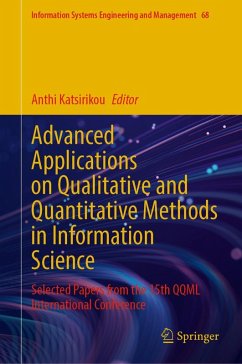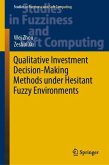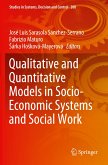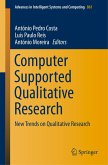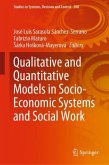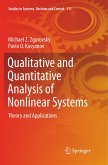This book discusses a number of crucial issues on the Information Science, that presented to the Qualitative and Quantitative Methods in Libraries International Conference (QQML2024) which was organized under the umbrella of ISAST International Society. This book is addressed to the library professionals in a more general sense: professors, researchers, students, administrators, librarians, information specialists, technologists, stakeholders, museum scientists, archivists, decision makers and managers.
Qualitative and Quantitative Methods (QQM) are used in the improvement of the services, the relations with users, the measurement of the functional effectiveness and efficiency, the decision-making, the fund allocation.
This book covers a wide variety of themes both theoretical and applied such as the support of the libraries to the adolescents deaf people, the machine learning models, the library learning spaces, the ChatGPT in the university libraries, the open access, the library changes, the AI integration, scientometric analyses, website evaluation methods, digitization and the heritage preservation, the impact of the COVID-19 pandemic, the services to the public, the media and information literacy and of network media communication, the publishing policy, academic archives. Human resources.
Some of the subjects are digital inclusion and digital spaces, topic recognition; assessment of learning space, artificial intelligence, Chinese research institutions, open access; design thinking mindset; infopragmatics, large language models, experimental stations; interdisciplinarity; academic library, public library, usage patterns, continuing professional development, access to information, civic engagement, National Library of Bulgaria, online benchmarking, polytechnic university of the Philippines, employee disconnectedness.
Qualitative and Quantitative Methods (QQM) are used in the improvement of the services, the relations with users, the measurement of the functional effectiveness and efficiency, the decision-making, the fund allocation.
This book covers a wide variety of themes both theoretical and applied such as the support of the libraries to the adolescents deaf people, the machine learning models, the library learning spaces, the ChatGPT in the university libraries, the open access, the library changes, the AI integration, scientometric analyses, website evaluation methods, digitization and the heritage preservation, the impact of the COVID-19 pandemic, the services to the public, the media and information literacy and of network media communication, the publishing policy, academic archives. Human resources.
Some of the subjects are digital inclusion and digital spaces, topic recognition; assessment of learning space, artificial intelligence, Chinese research institutions, open access; design thinking mindset; infopragmatics, large language models, experimental stations; interdisciplinarity; academic library, public library, usage patterns, continuing professional development, access to information, civic engagement, National Library of Bulgaria, online benchmarking, polytechnic university of the Philippines, employee disconnectedness.

